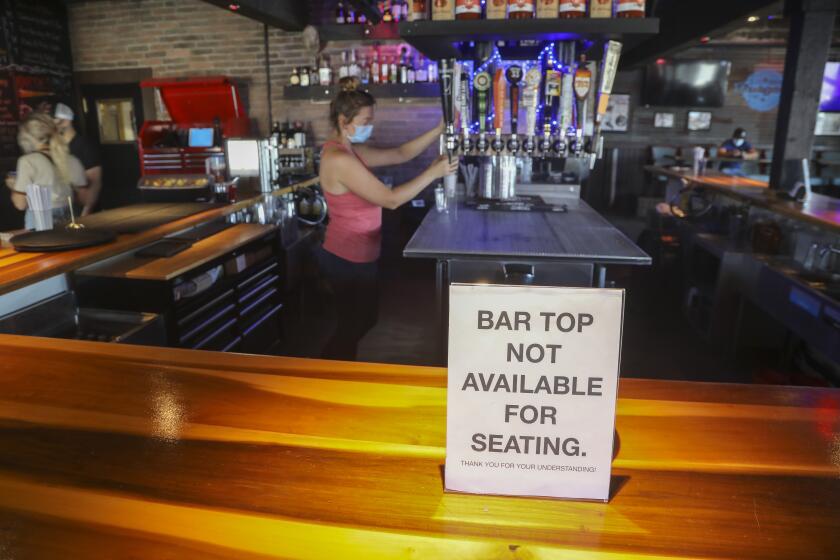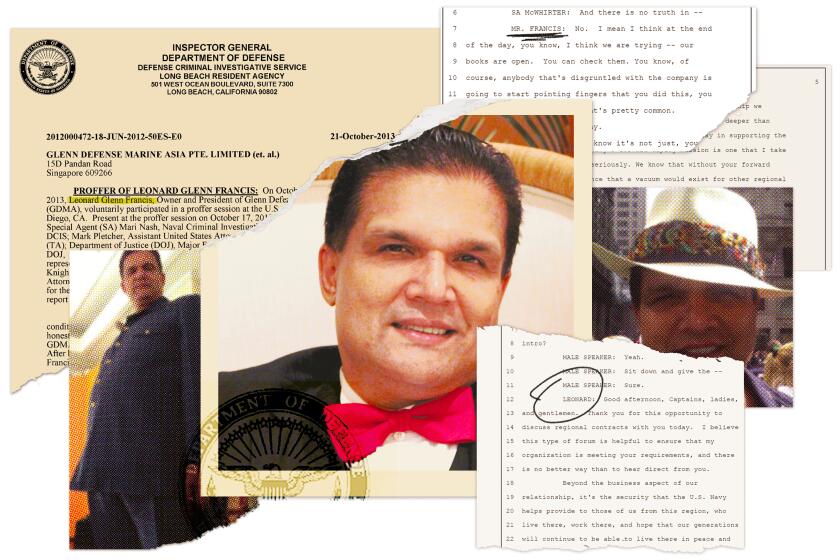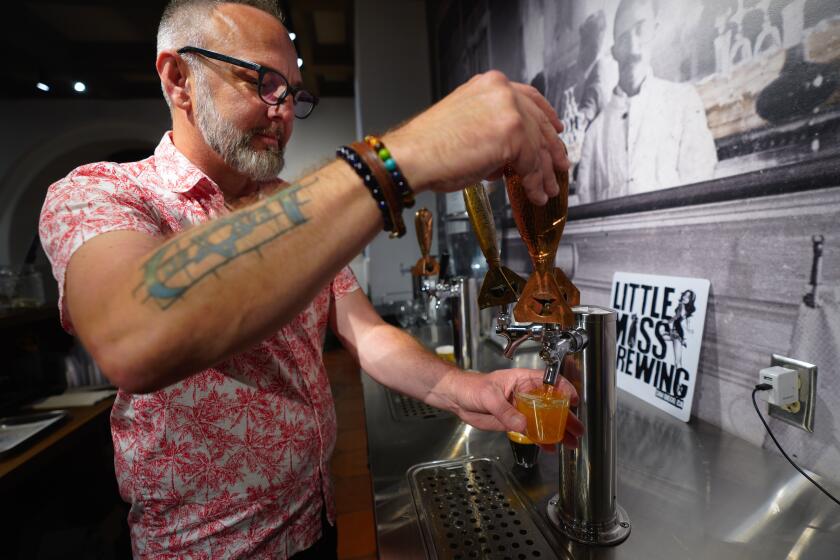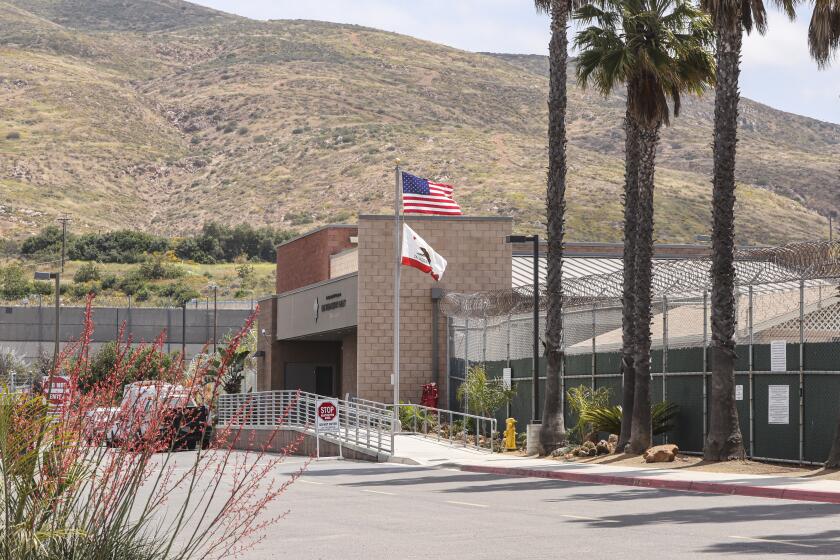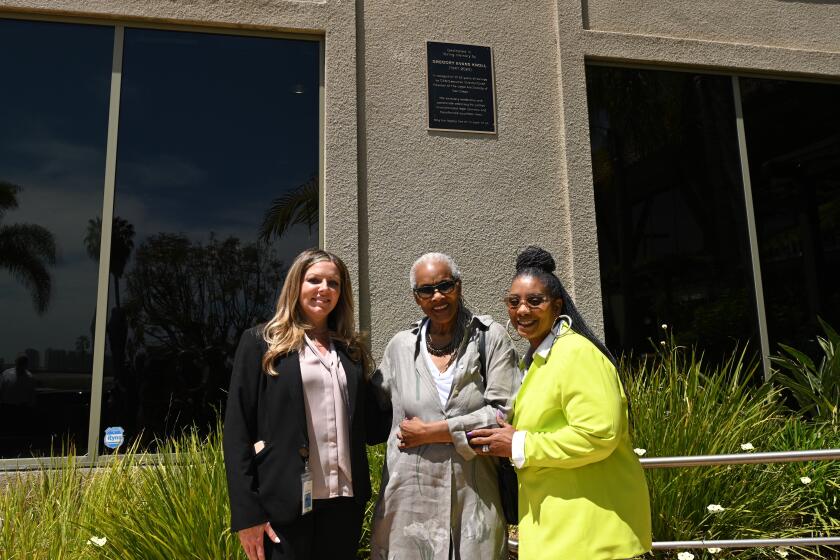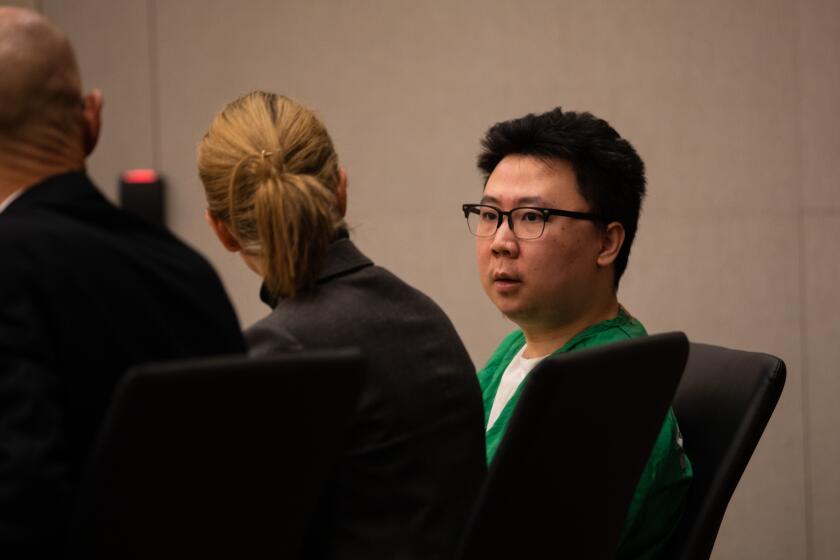Judge clarifies ruling on COVID-19 restrictions applies to restaurants in county; state plans appeal
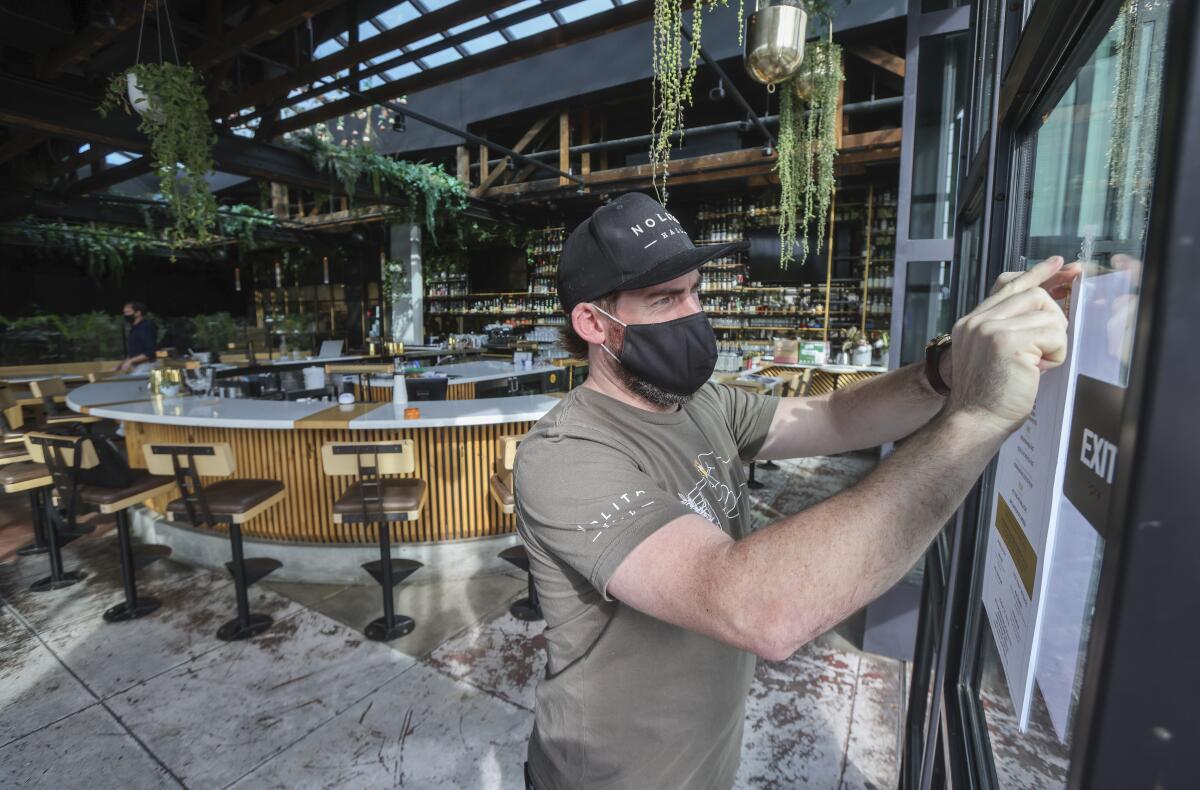
The ruling by Superior Court Judge Joel Wohlfeil was welcomed by restaurant owners, who remain cautious
A ruling by a San Diego judge that stopped state and local officials from enforcing COVID-19 shutdown orders against restaurants and live entertainment venues was met with a guarded response from local restaurants Thursday — and is now headed for an appeals court.
San Diego Superior Court Judge Joel Wohlfeil had issued an injunction Wednesday barring enforcement of rules that shut down live entertainment and in-person dining in the county. The ruling came in a lawsuit filed by two San Diego strip clubs — but not by any restaurants, which caused confusion among county officials and some restaurant owners after the ruling was issued.
The ruling was a sharp rebuke to how COVID-19 restrictions have been applied by state and county leaders, and was cautiously welcomed by some restaurant owners
On Thursday county lawyers asked Wohlfeil to clarify the ruling and in a brief hearing the judge made it clear: The injunction covers any restaurant.
“The court’s intention is all businesses which provide restaurant services in the county of San Diego are encompassed in the court’s order,” he said.
Shortly after that, Gov. Gavin Newsom’s office said the state had filed notice it would appeal the ruling. It is unclear if the state will seek a delay — known as a stay — of Wohlfeil’s ruling while the appeal is taken up.
State and county leaders said the restrictions are needed to slow the rampant spread of the disease and preserve an increasingly strained hospital system nearing the breaking point. In a statement Newsom’s press office said that was the reason for pursuing an appeal.
“The administration remains steadfast in its commitment to protecting the health and safety of all Californians,” the statement said.
On Thursday officials announced that the percentage of available intensive care beds in San Diego and 10 other southern California counties had reached its nadir: 0%. While that number can fluctuate, it was a dire sign of hospitals besieged by a flood of COVID-19 patients.
But in the wake of the ruling, restrictions in place that limited restaurants to providing take-out service are no longer applicable. County officials announced Wednesday night they would no longer enforce restrictions against restaurants and live entertainment venues, and reiterated that stance on Thursday.
The city of Carlsbad said it, too, would suspend enforcing orders as they related to restaurants, because of the ruling.
Meanwhile, the county Board of Supervisors is set to meet in an emergency closed session Friday. The board had previously authorized an appeal if the judge had ruled in favor of the clubs on the injunction.
But with that order now expanded to include restaurants, Supervisor Dianne Jacob said the board would have to revisit the matter. “If the litigation had included restaurants, I would have never supported the county’s legal challenge related to the suit,” she said in a news release.
The board’s decision may not matter much except symbolically. The state is really the primary defendant in the case and can challenge Wohlfeil’s ruling.
Meanwhile restaurant owners reacted warily. The industry has been hammered by revenue and job losses stemming from the shutdowns, and while the ruling was a potential boost, many were still sorting out its meaning and impact on their businesses.
Just one of eight restaurant operators contacted by The San Diego Union-Tribune Thursday was preparing to reopen.
Nolita Hall, a restaurant/bar that opened 18 months ago in North Little Italy, will reopen its dining room for indoor dining Friday. The restaurant will be serving a limited winter menu, to reduce food waste in the event a court appeal forces another shutdown, said Andrew Grantz, director of operations for owner Black Swan Hospitality.
“We went to great effort to make our dining room safe. There are plexiglass dividers between most the tables and two sides of our building open up completely, so in my opinion it’s safe,” Grantz said. “We can’t wait to get some staff back in here.”
Pam Schwartz, general manager at Ranch 45 restaurant/market in Solana Beach, said the court ruling was a hot topic of conversation Thursday morning. She will continue serving only takeout meals for now, but is allowing customers to eat their to-go meals at her outdoor tables.
Mario Guerra, owner of Moto Deli and Corner Pizza restaurants in Leucadia, also is not ready to reopen for dine-in service but has reopened his patios for onsite dining.
“We understand the laws behind the whole ordeal, but realistically, at this moment the pandemic isn’t going in the right direction and we are not even fully into winter,” he said.
Other restaurateurs say they’re taking a wait-and-see attitude.
Ryan Thorsen, operations manager for Mister A’s and Mille Fleurs fine dining restaurants, said it would be foolish to rush quickly into restocking the kitchen pantries and rehiring workers in such a fluid legal environment. Not only could it be costly for owners to open and close again, it could also jeopardize workers’ unemployment filings.
Aaron Browning, who owns The Flying Pig Pub & Kitchen in Oceanside with her husband, Roddy Browning, said they’ve decided to honor Newsom’s three-week closure order and keep the doors closed to all but takeout service until Dec. 29.
“My staff called me this morning and asked, ‘Are we open?’ I felt terrible about telling them ‘no,’ but we already laid them off and to bring them back for a day and have the ruling thrown out would be so much worse,” Browning said.
Jamie Minotti and his business partner Mark McLarry are keeping their San Marcos restaurant/brewery My Yard Live closed indefinitely. Minotti said he fears confusion caused by the court ruling may only worsen the problem for owners.
“The market is still not whole because of the confusion,” Minotti said. “Whatever your political, ethical or moral beliefs, the confusion is creating a market that doesn’t know how to respond. No business can operate successfully in that kind of environment.”
Most of CH Projects’ 16 San Diego restaurants and bars are temporarily closed, but chef/partner Jason McLeod said the company is going to sit tight for now.
“We are still trying to dissect what it all means and if we were to open up and then have to close again a week later it would not be fair to our employees and our partners,” he said.
Jeff Fink, owner of Madison on Park restaurant in University Heights, said he plans to remain closed until Dec. 29, regardless of the ruling. A key reason is because Madison is just a few blocks away from two hospitals with intensive care units now at near-capacity with COVID patients.
“We want to give the health workers and IC units a break and do our part,” Fink said. “Madison is a stone’s throw away from these hospitals and many of those workers live in this community. It would feel we’re not supporting them if we don’t abide by the state order.”
In his ruling Wohlfeil said that the state and county had not provided evidence that showed a connection between opened restaurants and live entertainment venues — which have implemented health and safety protocols like mask wearing and social distancing — and the spread of COVID-19, or the impact on intensive care beds.
The judge had issued a temporary restraining order against the county and for the clubs, Pacers and Cheetahs, back in November. At the hearing on Wednesday Deputy Attorney General Patty Li told Wohlfeil that the injunction was issued when the county was in a different and less restrictive tier than it is now.
Since then a new set of rules went into effect that allowed some live entertainment for counties in the second most restrictive tier — one level less-restrictive than where San Diego is. Then, on Dec. 3, Newsom issued a new stay home order that shuttered most businesses and limited restaurants to take-out food only.
Li argued that because the county was under a new set of guidelines the complaint from the strip clubs no longer applied and the case was “moot.” She also argued in court papers that the restrictions are valid under the sweeping powers that Newsom has under the state Emergency Services Act.
But Wohlfeil disagreed and said that the case was still alive, and that the damage that could be done to the clubs and restaurants without an injunction was greater than the potential harm to the state.
Even though no restaurants were part of the case, judges have the authority to apply their decisions in cases to people who are not parties to a lawsuit, especially if the suit targets government policies, said University of San Diego School of Law professor Shaun Martin.
“If a judge finds that the government is doing something wrong, even in a lawsuit filed by a single person, the judge has the power to enjoin that policy, even if that injunction might have the effect of benefitting people who aren’t parties to the original lawsuit,” he said.
San Diego County Supervisor Nathan Fletcher said Wohlfeil “fundamentally missed the point” in a ruling he lamented was “a significant setback to slow the spread of COVID-19.” He said the ruling does not describe what type of dining — indoor? outdoor only? both? — is allowed.
“The judge decided to be public health officer, medical doctor, and policy maker, but failed to outline what his ruling means,” he said. “We are left in unchartered territory, in our darkest moment, when the public deserves certainty.”
Staff Writer Lori Weisberg contributed to this story.
The latest news, as soon as it breaks.
Get our email alerts straight to your inbox.
You may occasionally receive promotional content from the San Diego Union-Tribune.
